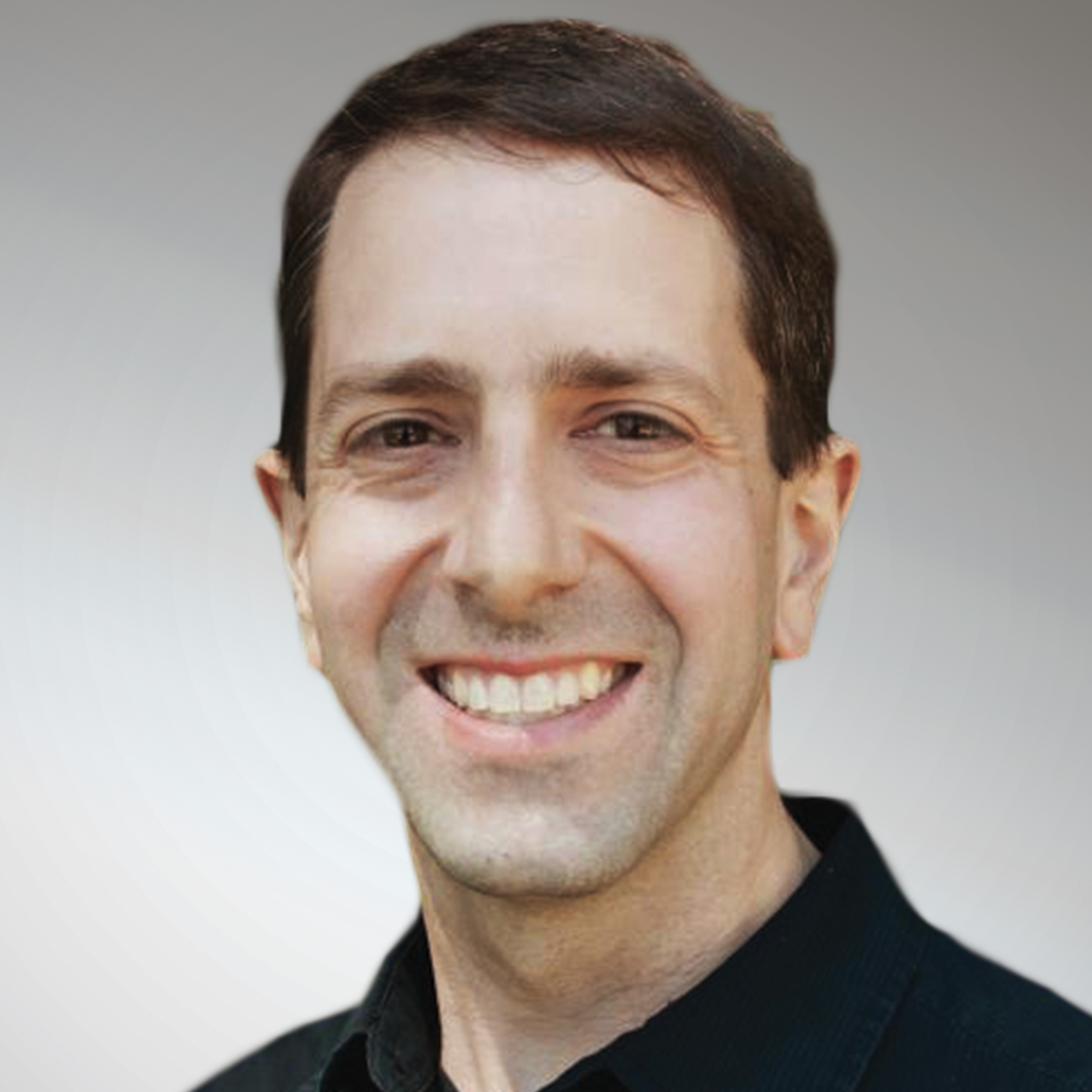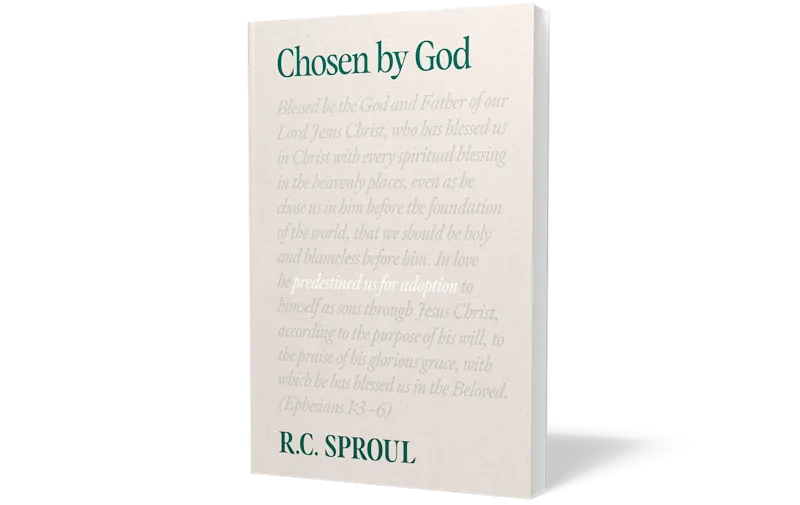I came to embrace the doctrines of grace, but my spouse remains an Arminian. Should I keep my mouth shut, or am I responsible to help my spouse come to see what I have seen?
SPROUL: We are all by nature Arminians. We think that we can bring ourselves to saving faith. So, be patient with friends and family. Don't give up the doctrine, but be gracious.
JONES: The Gnosticism that is rising today is the belief that you are a free spirit that nobody can restrain. So it is fundamentally Arminian in nature.
Psalm 11:5 says that God hates sinners. How do we reconcile that with John 3:16?
HORTON: God has a love for the world; consequently, He has a vast, multi-ethnic plan of redemption.
SPROUL: John 3:16 doesn't explicitly address election. It just says that whosoever believes is saved.
The rich young ruler walked away. So he was not elect, right? How do we understand God's sovereignty and man's responsibility?
SPROUL: We don't know that he was not elect. He may have come back to Jesus the next day. Does God's sovereignty end where our freedom begins? Or does my freedom end where God's sovereignty begins? It is the latter. I am free, and God is free, but God is more free. God reaches down and saves some. That doesn't mean He has to do for everyone what He does for some. Saul's Damascus Road conversion is unusual - Saul didn't deserve it, and many others who don't deserve it don't receive it.
JONES: Both the sovereignty of God and the responsibility of man are taught in Scripture.
What is the role, Dr. Jones, of the church to equip the younger generation to respond to this growing paganism?
JONES: Daniel set himself to understand Babylonian philosophy - and to understand it better than the scholars of his day. There are two radically different worldviews. You have (on the one hand) a thousand different monistic forms of nature worship -- they interpret the world by the world, apart from the transcendent God. We (on the other hand) interpret the world through the lens of the transcendent God.
SPROUL: John Piper says it well: We have to believe and live in the truth, but also contend for the truth. Otherwise, others will remain silent.
JONES: It is important that we understand the truth in contradistinction to the lies of paganism. Become experts in the lies so that the truth can shine more brightly.
What is this Barna stuff that is contrary to the established church? Is it different from the home church movement?
HORTON: These ideas of the "church within the church", where what happens outside the church is what's really important, is not new. The argument is that what's really important spiritually happens outside the church.
But in the New Testament there was no difference between becoming a Christian and joining a church.
But now the George Barna stuff and the Emergent folks are all saying: "There is a new day coming! We can connect with God apart from the need of church membership and external structures."
If Jesus is fully human, did he have a sin nature?
SPROUL: No - Jesus human nature was 100% human. Sin is not inherent in the nature of humanness (Adam was fully human prior to sinning). Jesus was also fully divine.
JONES: Could Jesus have a cold? A headache?
SPROUL: He lived in a world despoiled by sin. He subjected himself to the limitations of the flesh.
HORTON: We often lose sight of the Holy Spirit in our discussion, as if Jesus' active obedience occurred via his divine nature (as-if Jesus were on autopilot). No, Jesus active obedience occurred as a man by the agency of the Holy Spirit.
Particular redemption?
SPROUL: If Jesus died for someone, that person must be saved. You either have universalism or definite atonement.
Covenant Theology in a nutshell?
HORTON: We are different from God but related to God in a covenant. We see decrees in ancient Eastern culture, and the language of these kinds of decrees ("Do everything I command or I will cut you off.") in the biblical language (in Eden, at Sinai).
We need to remember that all this language has a specific historical context. So II Chronicles 7 is about the Israelite in that day, as opposed to America today.
Recommended books?
Geerhardus Vos Biblical Theology, Meredith Kline By Oath Consigned, O. Palmer Robertson Christ and the Covenants, Herman Witsius The Economy of the Covenants.
Please explain The Manhattan Declaration, and why Dr. Horton, Dr. Sproul and others have not signed it.
HORTON: Many conservative Protestants, Catholics, and theists are saying (in light of the culture's trends) "let's work together on issues of common ground." But the document goes further, and says that we are participating together and agreeing together on the gospel. And we don't agree on the gospel.
SPROUL: The triumph of ECT is assumed in The Manhattan Declaration. The issue is not the common grace teachings (sanctity of life, and heterosexual marriage) in the Declaration. Rather, our concern is with the special grace statements; namely, the claim that we are "brothers in Christ" with those who don't affirm the biblical gospel.
Some high school students report that their youth pastor is a "Christless Christian".
HORTON: This is a huge problem. We need leaders who will pass down the historic Christian faith. Find a church where the Word is rightly taught, the sacraments rightly administered, and church discipline practiced.

